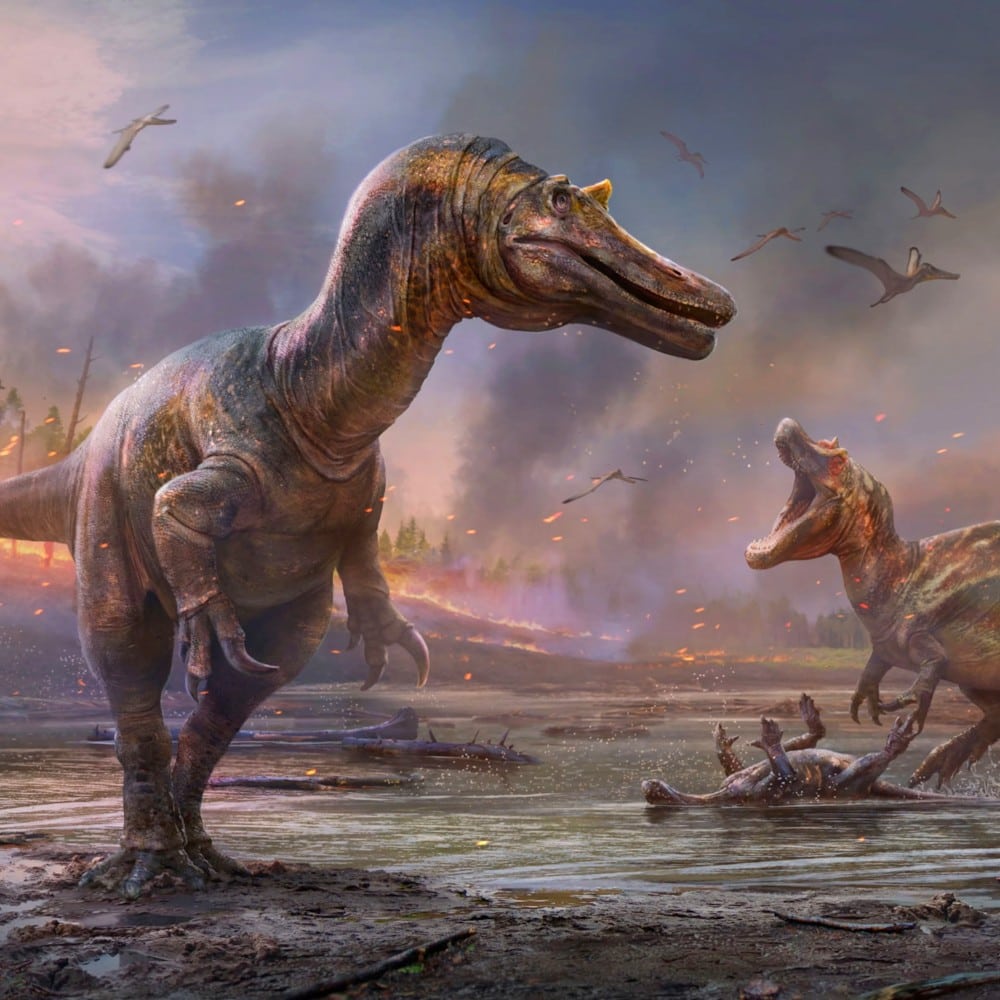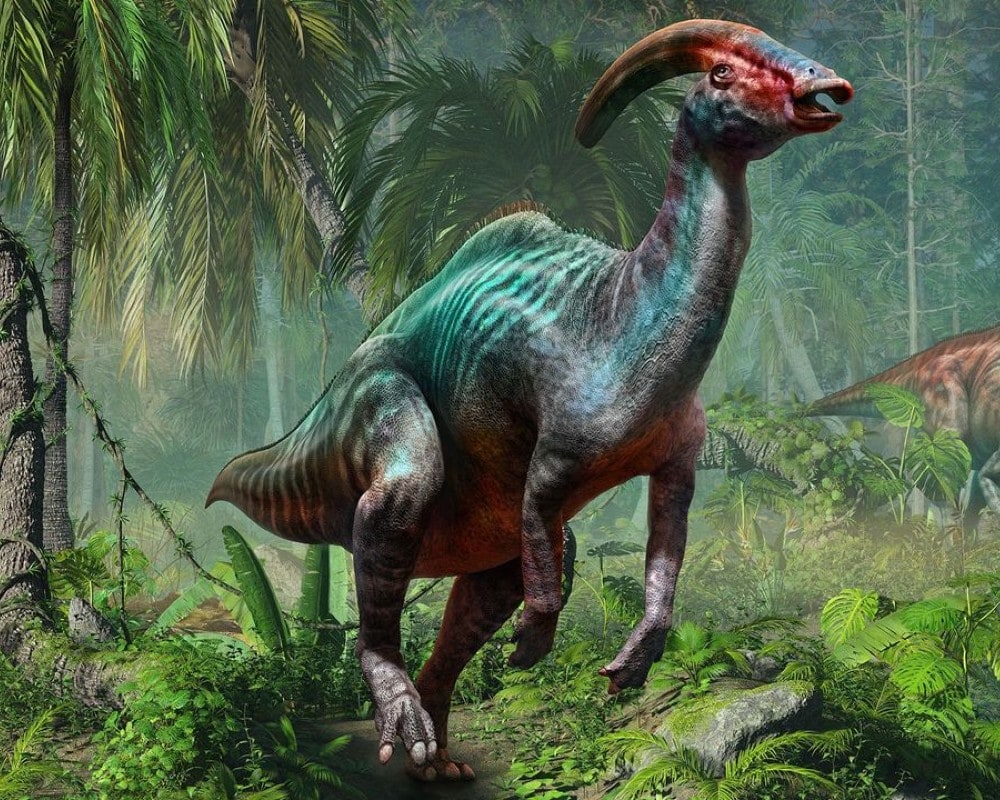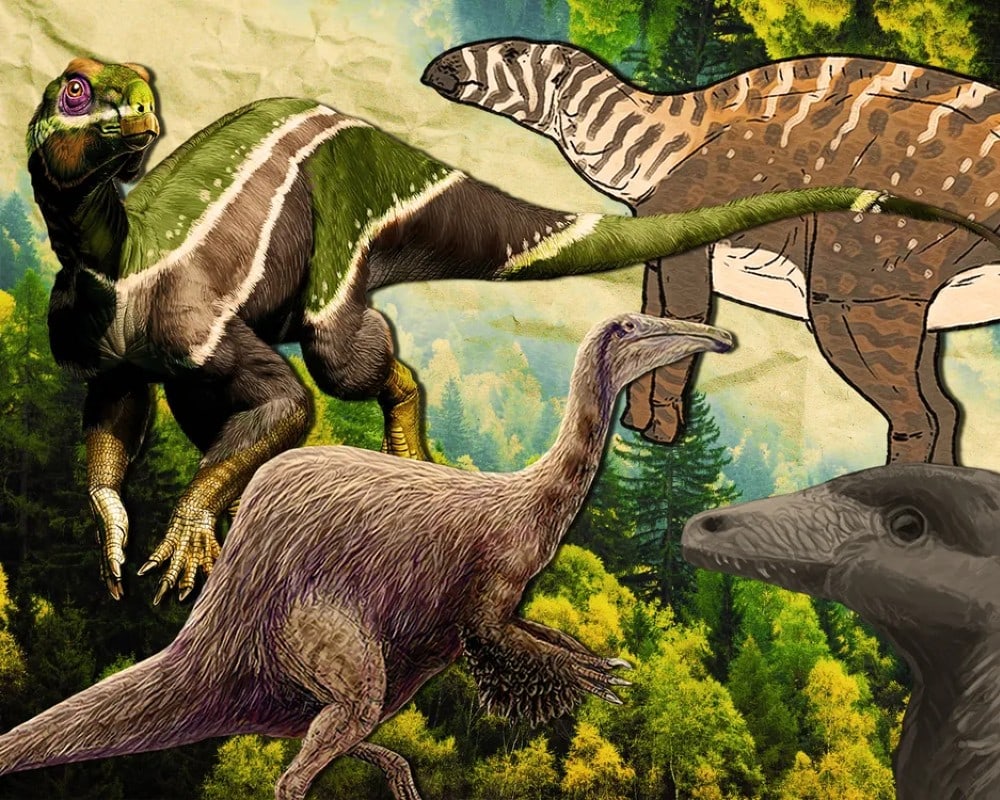
The world of paleontology is witnessing an extraordinary resurgence as new dinosaur species take center stage with astonishing regularity. Roughly every two weeks, a previously unknown dinosaur is introduced, showcasing the unwavering dedication of fossil hunters worldwide. Yet, these discoveries are not mere additions to a checklist. They are rewriting the very story of the dinosaur family tree. This period of exploration, often dubbed the Golden Age of Paleontology, is reshaping our understanding of ancient dinosaurs in profound ways.
Revealing Hidden Paths of Evolution

Amidst this whirlwind of revelations, the focus goes beyond variations on familiar themes related to dinosaurs. Entirely novel branches of the dinosaur family tree are emerging, challenging our preconceived notions of their evolution. Notably, the Rhabdodontomorphs, recognized as a group only in 2016, offer a prime example. Similarly, the beaked dinosaur Gonkoken, hailing from Chile, represents a previously uncharted tangent, shaking up our understanding of their diversity. As paleontologists put it, with every unearthed discovery, our understanding of the intricate web of life during those ancient epochs deepens.
Unearthing Clues From the Past
While time and nature have a tendency to erase evidence, Earth’s geological formations still hold fragments of ancient history. Each layer offers a glimpse into a bygone era, and every site carries the potential to unravel secrets of the past. Astoundingly, despite decades of relentless effort, experts estimate that only around 30% of non-avian dinosaurs have been discovered. The task of unraveling the mysteries held by the remaining 70% remains an ongoing endeavor that spans several coming generations.
The Intrigue of Overlooked Habitats

Dinosaurs did not inhabit uniform landscapes; their habitats varied as widely as their forms. However, the scarcity of fossil evidence from certain environments has created gaps in our comprehension of their adaptations. Elevated terrains like mountains and uplands continue to be enigmatic, concealing species that likely adapted in unique ways. Even though fossil records may be lacking, experts speculate that these landscapes might have given rise to specialized groups with untold tales of survival strategies and behaviors.
An Unending Odyssey
For paleontologists, the quest to unearth the past is ceaseless. Their endeavor goes beyond unearthing new sites and it involves reevaluating museum collections and scrutinizing existing fossils with fresh perspectives. The allure of the unknown beckons, reminding us that the story of dinosaurs is far from over. As modern birds offer glimpses into the past, they also hint at the vast reservoir of untold stories waiting to be uncovered, which is a reminder that as long as curiosity persists, the age of discovery continues to thrive.